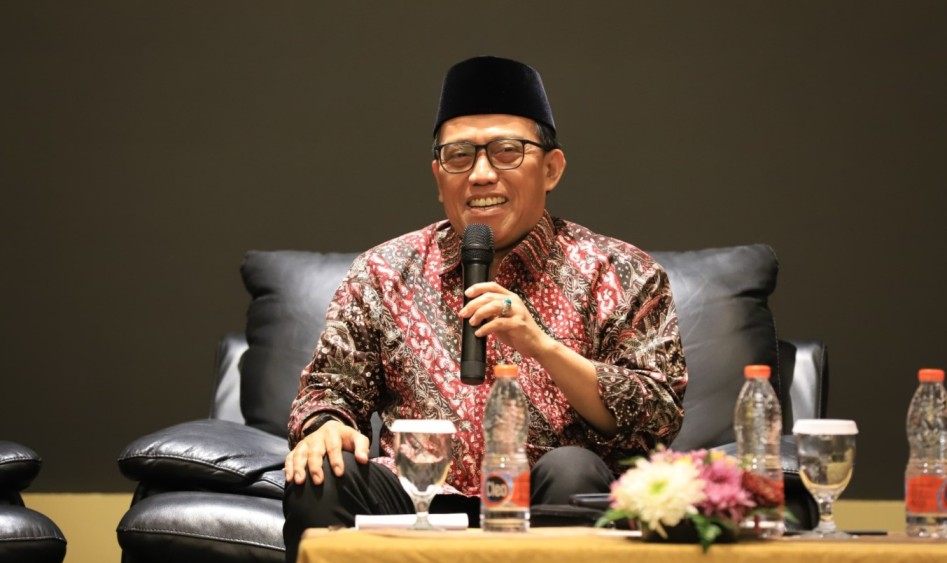Language shows effective means to influence world

Jakarta (Indonesia Window) – Instead of using military force to control a region, economic and cultural approaches are now far more effective at enhancing influences of a nation across the world.
One cultural approach that is increasingly popular in the world is to spread national languages to peoples from other countries.
This strategy has been implemented by the Russian Government.
According to researchers from Warsaw University, Poland, Anna Tiido, Russia uses its national language to strengthen its domestic regime and spread Russian influence abroad.
The use of Russian in the states which were formerly parts of the Soviet Union confirms the claim that they are part of the “Russian world”.
Meanwhile, since the 1970s Japan has been aggressively promoting its language throughout the world in order to enhance the positive outlook of the international community for the country in East Asia.
The promotion made Japanese go global with 3.85 million people in 142 countries learning the language.
The same approach was taken by China which since 2005 established and financed various Mandarin Language learning programs throughout the world.
In fact, in 2018 there were 548 Confucius Institutes, 1,193 language classes, and 5,665 Mandarin learning centers in 154 countries.
Many people considered the massive promotion of Mandarin as an overseas strategy for China to form a positive image of the country in the eyes of the international community.
The Chinese government itself recognizes the Mandarin language teaching program as an effective strategy in popularizing the Chinese language and culture, increasing friendship and mutual understanding with other countries, enhancing cultural and economic cooperation, and strengthening China’s influence in the international community.
Reporting by Indonesia Window

.jpg)








